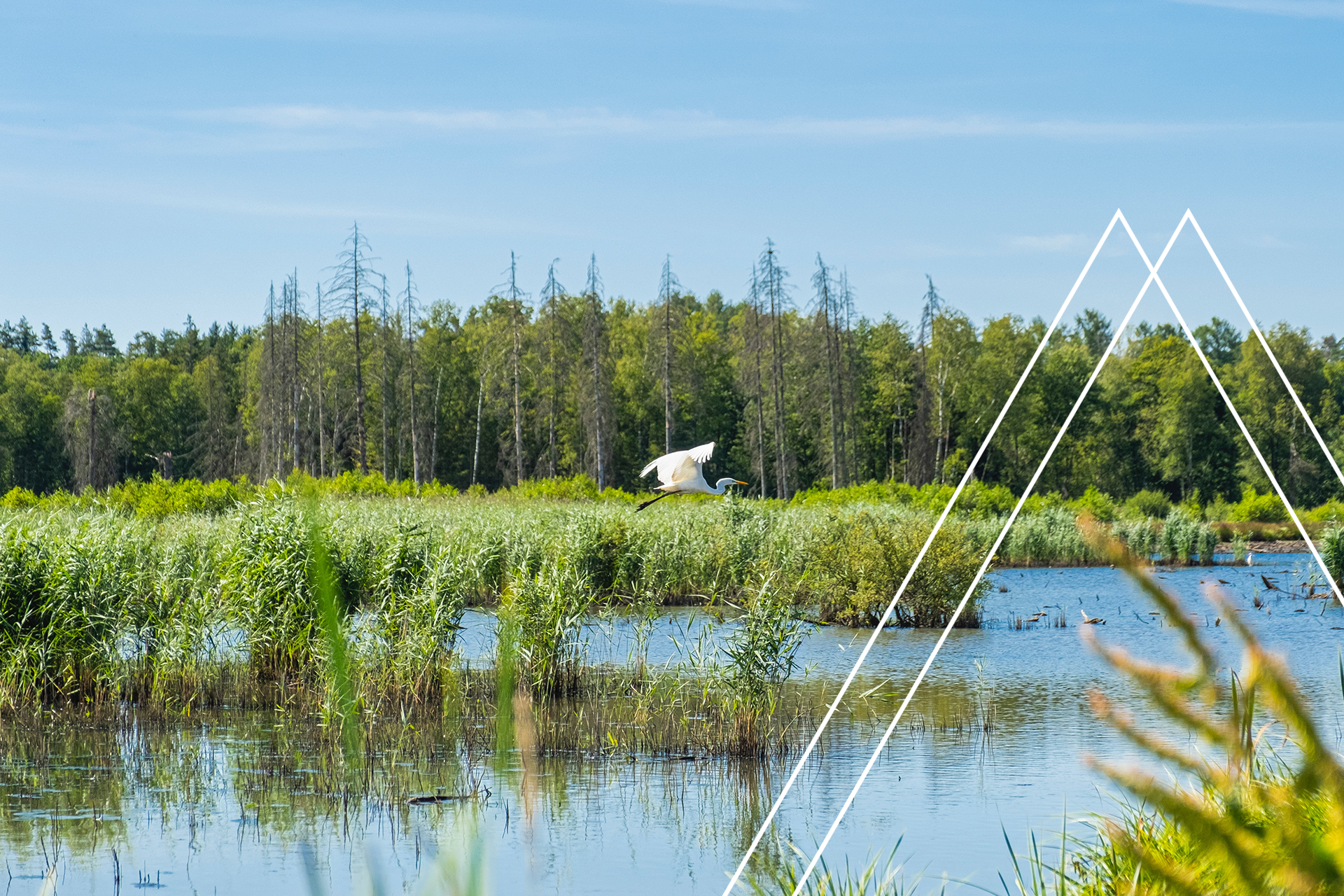Chancen im neuen Jahr: ESG-Trends 2024
Der jährlich veröffentlichte „Global Risk Report“ des World Economic Forums (WEF) präsentiert eine umfassende Analyse aktueller globaler Herausforderungen. Das WEF warnt in seinem im Januar dieses Jahres erschienenen Bericht vor einem „foreseen duo of dangerous crises“ und meint damit die Dualität von klima- und konfliktbedingten Herausforderungen. Befragte aus Wissenschaft, Wirtschaft, Regierung, internationaler Gemeinschaft und Zivilgesellschaft betrachten langfristig vor allem Risiken bedingt durch den Klimawandel als zentrale globale Herausforderung. Die vier am höchsten eingestuften Risiken der kommenden 10 Jahre sind laut Umfrage: Extreme Wetterereignisse, kritische Veränderungen der Erdsysteme, Verlust biologischer Vielfalt und der Zusammenbruch von Ökosystemen. Dazu stoßen aktuelle Krisen und Konflikte wie die Inflation, der Ukraine-Krieg und der Konflikt zwischen Israel und Palästina, was viele Befragte pessimistisch auf die kommenden Jahre blicken lässt.
ESG-Richtlinien können bei konsequenter Umsetzung dazu beitragen, negative Auswirkungen von Unternehmen auf die Umwelt zu verringern und so durch die Schaffung eines nachhaltigen Wirtschaftsumfelds klimawandelbedingte Risiken zu verringern.
2024 treten zahlreiche neue EU-Vorschriften in Kraft, die die ESG-Berichterstattung transparenter und standardisierter machen sollen. Unternehmen sollen so zu mehr Transparenz und Verantwortlichkeit im Bezug aus ihre Umweltauswirkungen verpflichtet werden.
Eine der weitreichendsten ESG-Neuerungen 2024 ist die Ausweitung der seit 2014 geltenden Non-Financial Reporting Directive (NFRD) durch die Corporate Sustainability Reporting Directive (CSRD). Berichtspflichten und Anwendungsbereiche der bisher geltenden NFRD von in der EU tätigen Unternehmen auf Klimaauswirkungen sollen durch die CSRD erweitert werden. Die CSRD trat am 01.01.2024 in Kraft und bewirkt, dass die Zahl berichtspflichtiger Unternehmen von schätzungsweise 11.600 auf 49.000 steigt. Betroffen sind demnach:
- im bilanzrechtlichen Sinne große Unternehmen,
- im bilanzrechtlichen Sinne kleine und mittlere Unternehmen (KMU), die kapitalmarktorientiert sind,
- Drittstaatenunternehmen die in den letzten beiden Geschäftsjahren EU-weit Nettoumsatzerlöse von mehr als 150 Mio. Euro erzielt haben, und deren Tochterunternehmen die vorstehenden Größenkriterien erfüllen, oder deren Zweigniederlassungen im vorangegangenem Geschäftsjahr Nettoumsatzerlöse von mehr als 40 Mio. EUR erzielt haben.
Für Geschäftsjahre ab dem 01.01.2024 gelten die Berichtsanforderungen zunächst nur für Unternehmen ab 500 Mitarbeitern mit öffentlichem Interesse. Für Geschäftsjahre ab dem 01.02.2025 sind alle bilanzrechtlich großen Unternehmen betroffen und das Geschäftsjahr ab dem 01.01.2026 bezieht schließlich auch kapitalmarktorientierte KMU mit ein. Das Ziel ist die Rechenschaftspflicht europäischer Unternehmen über Nachhaltigkeitsaspekte zu erhöhen und EU-weite Berichtsstandards einzuführen. Berichtsinhalte sind in den European Sustainability Reporting Standards (ESRS) festgehalten und standardisiert, um eine stärkere Vergleichs- und Messbarkeit zwischen Unternehmen herzustellen. Informationen über Nachhaltigkeitsaspekte sollen verpflichtender Teil des Lageberichts von Unternehmen werden und langfristig denselben Stellenwert wie die klassische finanzielle Berichtserstattung einnehmen.
Sustainable finance Disclosure Regulation (SFDR)
Als Teil des Sustainability Framework der EU verpflichtet die SFDR Finanzmarktteilnehmer bis Juni 2024 zu neuen ESG-Offenlegungspflichten. Dazu gehört, dass diese über ihre finanzierten Emissionen berichten. Die Offenlegungsvorschrift für in der EU tätige Finanzmarktteilnehmer soll das Nachhaltigkeitsprofil von Anlageprodukten vergleichbarer und für Endanleger besser verständlich machen und somit den Kapitalfluss in nachhaltigkeitsorientierte Unternehmen fördern.
EU Deforestation Law
Durch den Import von Produkten aus Abholzungsgebieten ist die EU für schätzungsweise 10% der weltweiten Abholzung im Zeitraum von 1990 bis 2020 verantwortlich. Das EU-Gesetz zur Entwaldung soll sicherstellen, dass in der EU vermarktete Produkte keine Rohstoffe enthalten, die aus kürzlich abgeholzten Gebieten stammen. Das Gesetz soll demnach den Beitrag der EU zur weltweiten Entwaldung und dem damit einhergehenden Biodiversitätsverlust und Anstieg der Treibhausgasemissionen eindämmen. Die neuen Vorschriften tragen außerdem dazu bei, den Lebensunterhalt von Millionen von Menschen, einschließlich indigener Völker und lokaler Gemeinschaften weltweit, zu sichern, die in hohem Maße von Waldökosystemen abhängig sind. Um nach Europa exportieren zu können, müssen Hersteller nun nachweisen, dass ihre Lieferkette frei von Abholzung ist, indem sie Rückverfolgbarkeitsdaten einschließlich GPS-Koordinaten offenlegen. Die Verordnung wird sowohl für Produkte aus der EU als auch für Produkte aus Drittländern gelten. Hersteller sind verpflichtet, nachhaltige Produktionsverfahren zu implementieren und die Transparenz in der Lieferkette zu erhöhen. Angesichts der weltweit steigenden Nachfrage nach entwaldungsfreien Produkten bietet die neue Vorschrift eine Gelegenheit, den Handel mit derartigen Produkten zu stärken und nachhaltig handelnde Akteure zu stärken. Unternehmen haben bis Dezember 2024 Zeit, die neuen Regeln umzusetzen. Für Kleinunternehmen gilt eine längere Anpassungsfrist und es gelten weitere besondere Bestimmungen.
EU Nature Restoration Law
Das EU-Gesetz zur Wiederherstellung der Natur ist ein Vorschlag der EU-Kommission und Teil der EU-Biodiversitätsstrategie. Das Gesetz soll verbindliche Ziele für die Wiederherstellung geschädigter Ökosysteme wie Feuchtgebiete, Flüsse, Wälder, Grasland und Meeresökosysteme festlegen. Maßnahmen zur Herstellung der Biodiversität sollten bis 2030 mindestens 20% der Land- und Meeresflächen der EU und bis 2050 alle geschädigten Ökosysteme umfassen. Es wird erwartet, dass die EU-Mitgliedsstaaten dem Gesetz im Februar 2024 zustimmen. Durch die Implementierung kann die EU sicherstellen, dass sie ihre internationalen Verpflichtungen, insbesondere den auf der UN-Biodiversitätskonferenz (COP15) 2022 in Kunming-Montreal vereinbarten globalen Biodiversitätsrahmen erfüllt.
EnviroSustain trägt als Partner von Rewilding Europe bereits seinen eigenen Beitrag zur Wiederherstellung von Ökosystemen in Europa bei. Rewilding Europe nutzt Rewilding-Initiativen, um durch menschliche Interventionen verschwundene Arten in ihren natürlichen Lebensraum zurückzuführen und somit die biologische Vielfalt wiederherzustellen. Diese Initiativen tragen zur Rekonstruktion von Wäldern, Graslandschaften, Heiden und Torfgebieten bei. Durch ihre Fähigkeit, CO2 aus der Atmosphäre zu speichern, spielen diese Ökosysteme wiederum eine wichtige Rolle im Kampf gegen den Klimawandel.
Quellen/mehr Informationen:
- CSR - Corporate Sustainability Reporting Directive (CSRD) (csr-in-deutschland.de)
- Delegierte Verordnung (EU) 2023/2772 der Kommission vom 31. Juli 2023 zur Ergänzung der Richtlinie 2013/34/EU des Europäischen Parlaments und des Rates durch Standards für die Nachhaltigkeitsberichterstattung (europa.eu))
- eur-lex.europa.eu/legal-content/DE/TXT/PDF/?uri=CELEX:32019R2088
- Green Deal: New law to fight global deforestation and forest degradation driven by EU production and consumption enters into force - European Commission (europa.eu)
- Parliament adopts new law to fight global deforestation | News | European Parliament (europa.eu)
- The EU #NatureRestoration Law (europa.eu)









Head Office, Berlin,
Neue Grünstraße 17 | 18 Hof 1 | TRH 3
10179 Berlin
© ES EnviroSustain GmbH 2021




